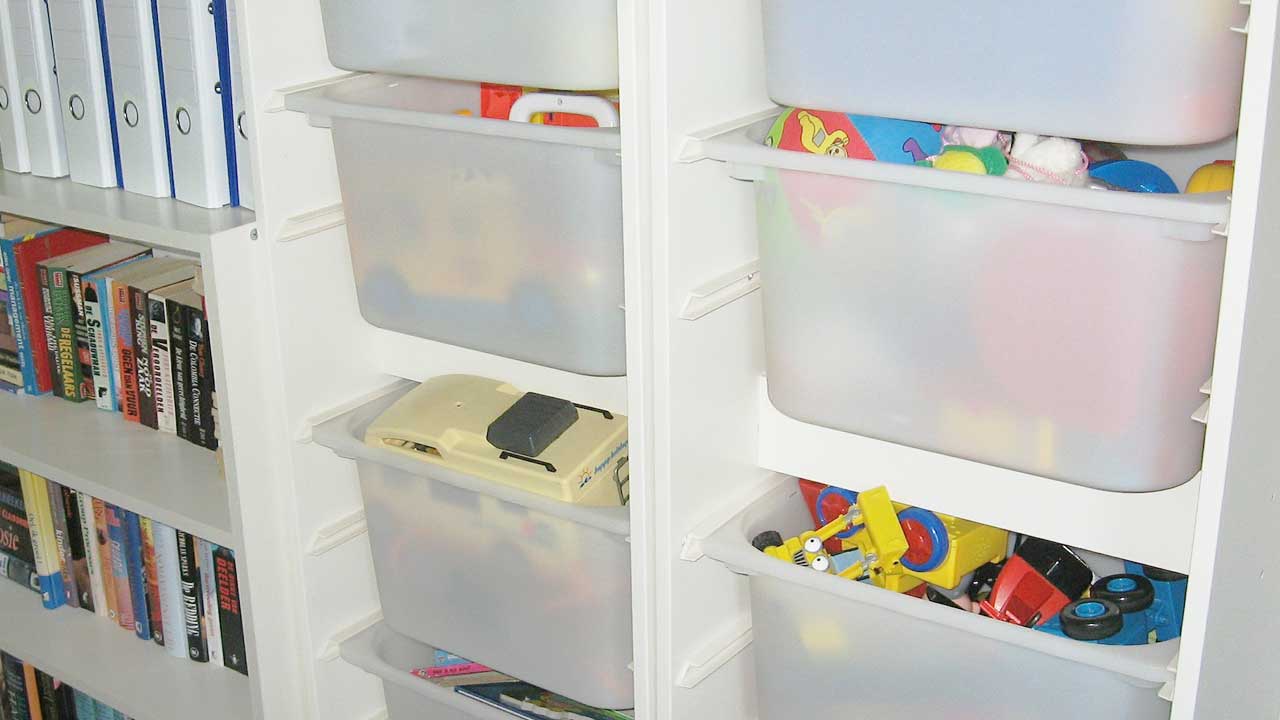The Benefits of Bilingual Babies

by Cinda Chatfield, B.A.
Many times I enter a home to provide therapy or parent education for a family and I will be welcomed into a wonderful cross-cultural home. One of the aspects that makes America incredible, is the number of people who emigrate here from other countries. These homes tend to have warm and loving parents, accents that vary in strength, and the aroma of wonderful ethnic foods cooking in the kitchen. I am always intrigued and curious of the parent’s culture of origin. It’s especially nice when they are willing to share their stories of their homeland as well as their journey here to America. When working with their beautiful and brilliant children I always try to learn a few words in their language if I can! I always love entering these homes because I am fascinated by how different cultures approach childcare and parenting.
Besides the normal trials and tribulations of parenting, these parents have to sort through another battle of how to appropriately retain both their mother culture and American culture in their homes. Some parents do this by only speaking their mother-tongue at home, others speak both English and their mother-tongue, and others try to fully assimilate their children by only teaching them English. My take on bilingual/bicultural children is that, it is truly a gift! Being bilingual has many benefits for a child’s learning. Not only does it help develop their language skills, but it also teaches them to be more of a global citizen, as they are taught about multiculturalism from an early age. I encourage parents to practice bilingualism at home to the best of their ability. Either way, they will likely get an English language education in school, so don’t worry if your English is not perfect. In today’s world, it helps to be able to speak multiple languages because it allows you to communicate with more people! But how can your kids profit from the benefits of bilingualism if you and your partner both only speak English? Don’t worry, music education counts as learning another language for developing children, so putting them in music classes at a young age can have the same effect on their brain development!
So parents, feel free to share your mother culture with your children! They will learn American culture in school and will still be able to communicate with their relatives. In the long run, they will appreciate the ability to communicate in multiple languages and have a more global awareness! One Planet, One People!
About the Author: Cinda Chatfield has worked for over 15 years as a Child Development Specialist, Parent & Family Educator and Advocate. Cinda is the founder of Chatfield & Company, a collective dedicated to creating a harmonious home environment for parents and children.
For more specifics on identifying and responding to inappropriate behaviors, feel free to contact Cinda for guidance and support. Visit: chatfieldandcompany.com, go to blog link, click on “Ask Cinda”
Image Credit: Jorge Ravines




